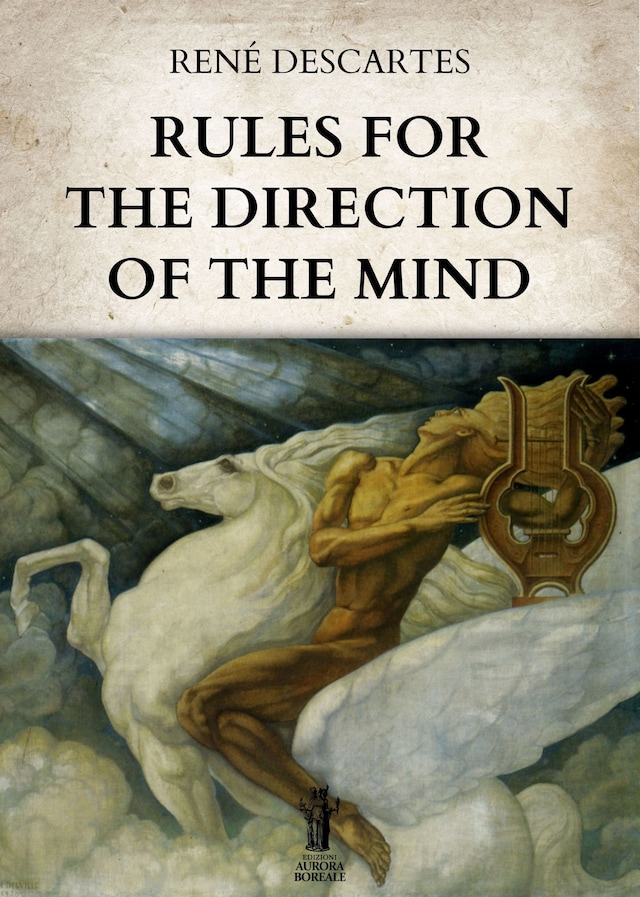
Rules for the Direction of the Mind
Description of book
René Descartes (1596-1650), also known as Renatus Cartesius, was a French philosopher, scientist, and mathematician, widely considered a seminal figure in the emergence of modern philosophy and science.
Descartes has often been called the father of modern Philosophy, and is largely seen as responsible for the increased attention given to Epistemology in the 17th century. He laid the foundation for continental Rationalism, later advocated by Spinoza and Leibniz, and was later opposed by the empiricist school of thought consisting of Hobbes, Locke, Berkeley, and Hume. The rise of early modern Rationalism – as a highly systematic school of Philosophy in its own right for the first time in history – exerted an immense and profound influence on modern Western thought in general, with the birth of two influential rationalistic philosophical systems of Descartes (Cartesianism) and Spinoza (Spinozism), and opening the doors to the “Age of Reason”.
Regulae ad directionem ingenii, or Rules for the Direction of the Mind is an unfinished treatise regarding the proper method for scientific and philosophical thinking by René Descartes. The French philosopher started writing the work in 1628, and it was published in 1701 after Descartes’ death. This treatise outlined the basis for his later work on complex problems of mathematics, geometry, science, and philosophy. The work is estimated to have been written over approximately ten years, and as such Descartes shifted in his utilization and definition of these rules. Rules for the Direction of the Mind is described as a precursor and 'scrapbook' for his other workings and methods.
 René Descartes
René Descartes 35 Pages
35 Pages